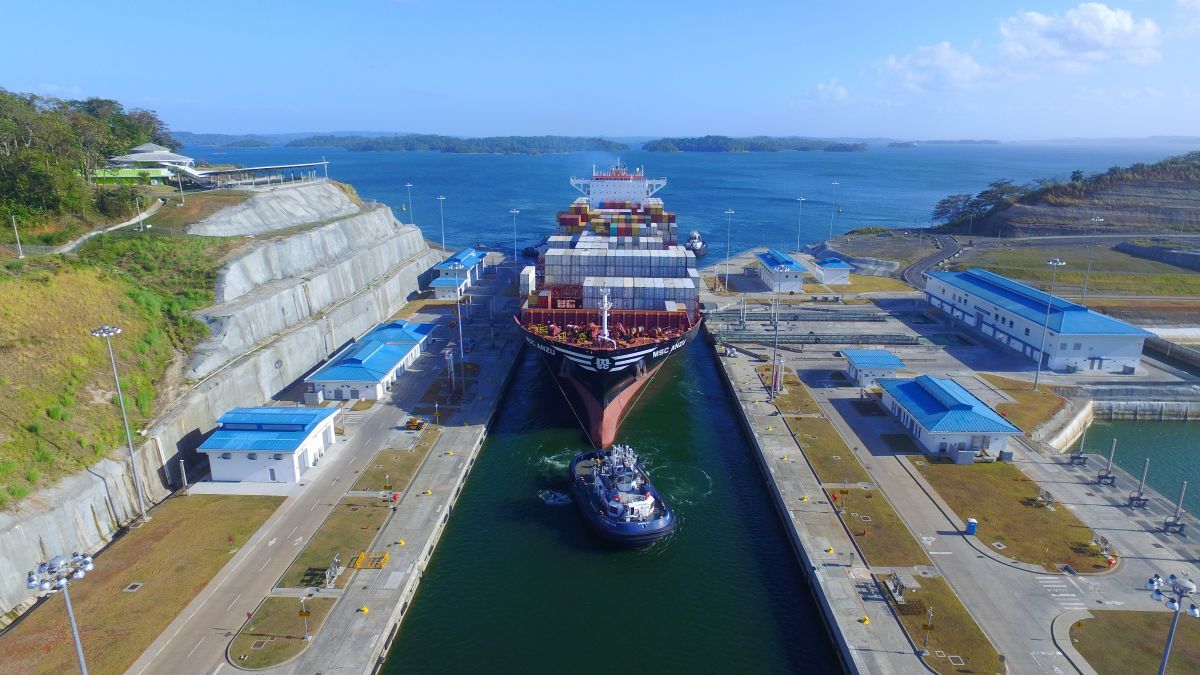Navigating the Future: A Deep Dive into Hydrogen's Role in Maritime Innovation
Key Ideas
- Hydrogen is seen as having potential as a niche marine fuel for short voyages and as a supplemental fuel source, particularly for achieving zero carbon emissions in ports.
- The more significant role of hydrogen is highlighted as a critical fuel stock for synthetic forms of methanol, methane, and green ammonia, pointing towards a broader energy transition in the maritime sector.
- Various technologies are being explored to produce hydrogen as needed, such as a project to convert ammonia into hydrogen using a cracker, potentially paving the way for hydrogen to be a primary fuel source.
- The industry is looking towards a global regulatory framework and fuel standard to level the playing field, accelerate the transition, and meet the 2050 net-zero target, emphasizing the need for collaboration between governments and industry stakeholders.
The article delves into the evolving role of hydrogen in the maritime industry as part of the sector's transition towards decarbonisation and green technology. Mr. Darr, a key figure in the industry, discusses the potential of hydrogen both as a marine fuel and as a critical fuel stock for various synthetic forms like methanol and green ammonia. While acknowledging the challenges related to the volume of green hydrogen needed and the current gaps in production, there is a clear optimism about the industry's ability to meet the 2050 net-zero target.
In addition to exploring hydrogen's direct applications, the article also sheds light on the technological innovations being pursued, such as converting ammonia into hydrogen using a cracker, and the importance of a global regulatory framework to drive the energy transition forward. Mr. Darr emphasizes the necessity for energy providers to step up and play a significant role in producing the required molecules to support these green initiatives.
Furthermore, the article touches on the need for industry players to remain creative, open-minded, and adaptable to future developments, stressing the importance of not fixating on current solutions but being prepared to pivot based on evolving technologies and requirements. The discussion also extends to the importance of a collaborative approach between industry stakeholders and governments to establish effective regulatory frameworks and fuel standards that can facilitate a smoother transition towards sustainable practices in maritime operations.
